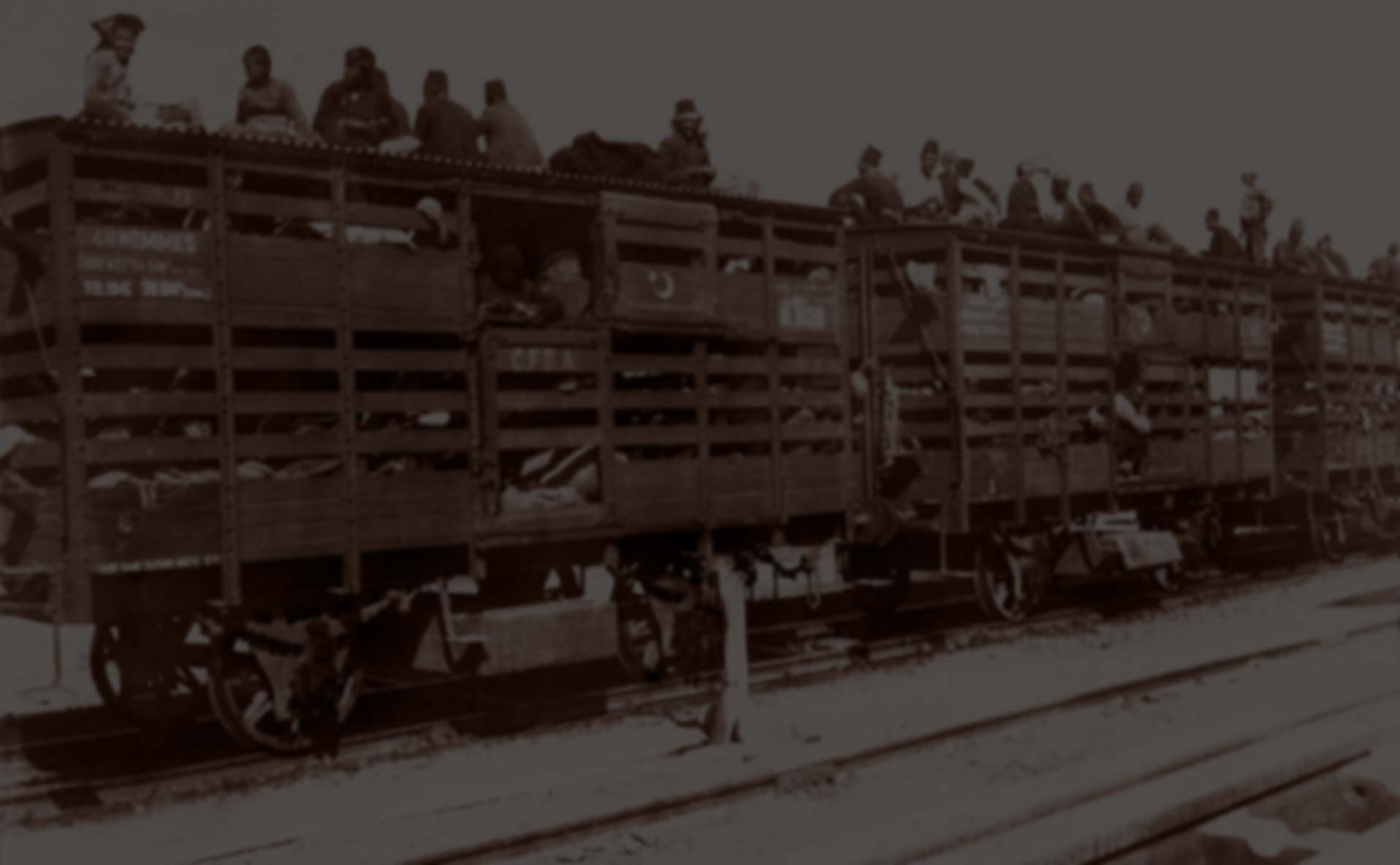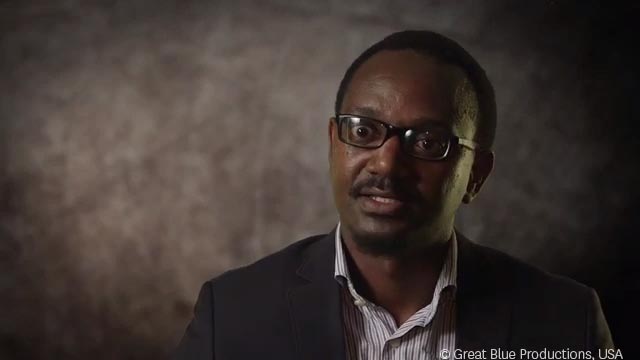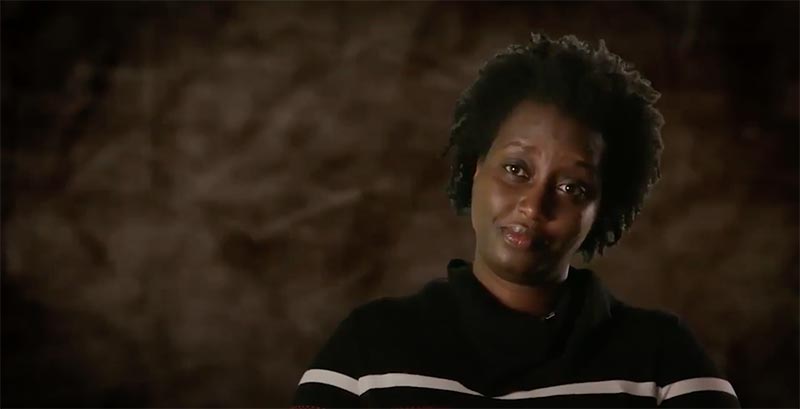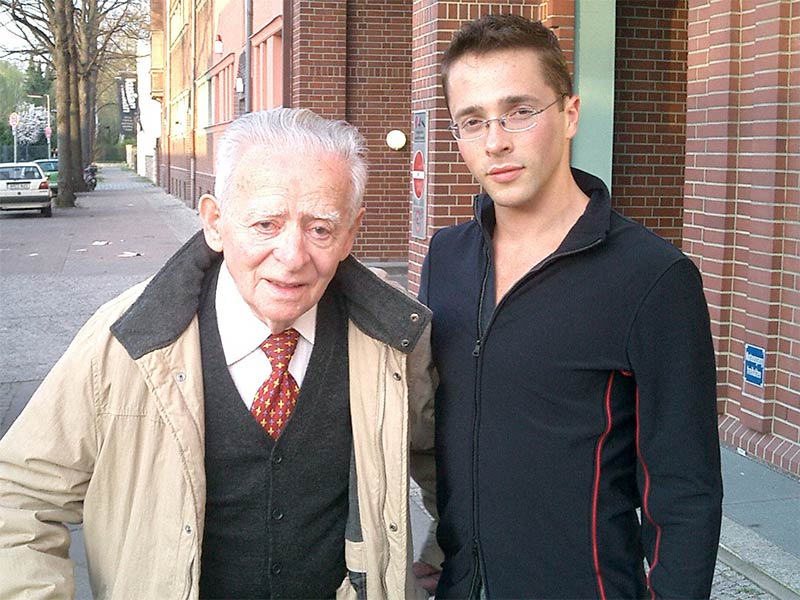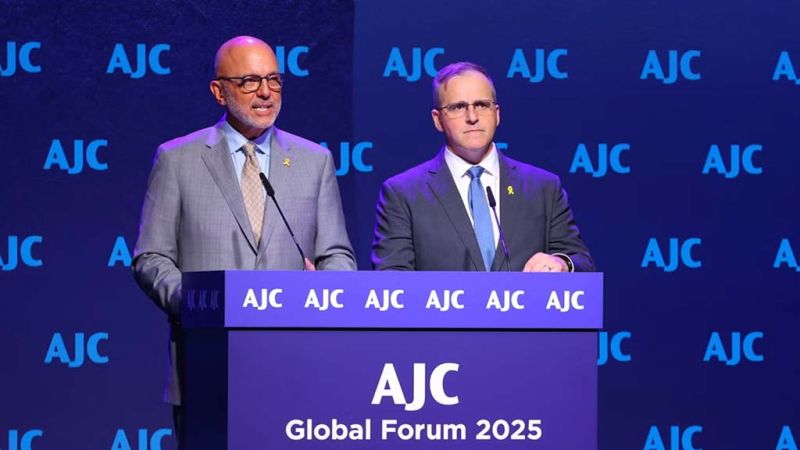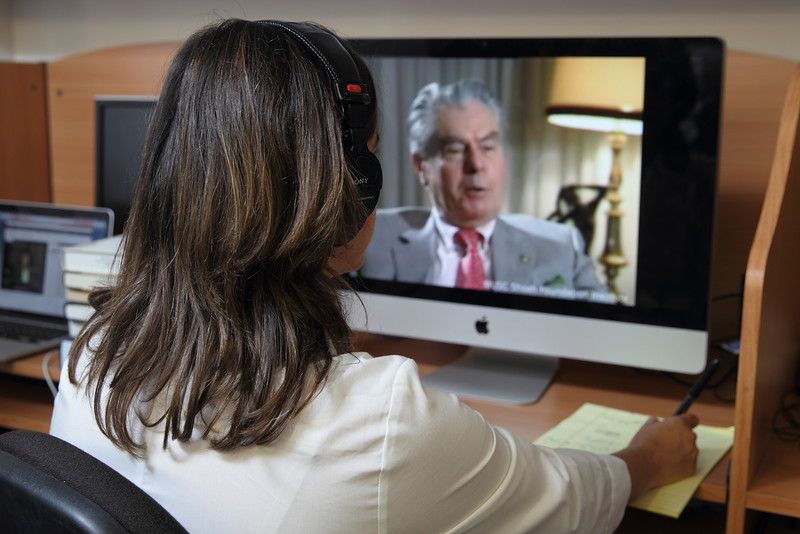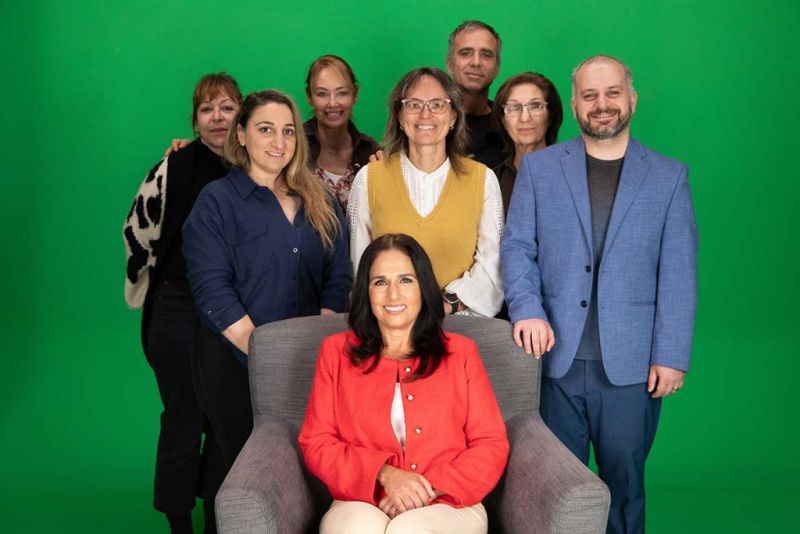Do you know a Holocaust survivor or witness?
We are currently recording survivors and other witnesses of the Holocaust. If you are a survivor or know someone who is, we would love to hear from you. We are also looking for interviewers.
Latest News
Rukesha’s testimony, along with six other interviews from The 600 documentary, was recently integrated into USC Shoah Foundation’s Visual History Archive, which now holds 135 indexed and searchable interviews connected to the Genocide Against the Tutsi Rwanda. The majority of these testimonies were collected by Aegis Trust and the Kigali Genocide Memorial, in partnership with USC Shoah Foundation. The seven new testimonies include the first accounts of Rwandan liberators to be added to the collection. Read More
Theogene Kayitakire, a sergeant in the Rwandan Patriotic Army, helped capture the strategic high ground of the Mount Rebero neighborhood in Kigali in April 1994, just days after the Genocide Against the Tutsi in Rwanda had begun.
With the location secure and reinforcements arriving, Theogene had a request for his command: Could he go to save his relatives nearby? When given permission, he disguised himself in a government army uniform and, with a few other soldiers, went to find his uncle. But his uncle refused to flee to safety without his neighbors. Read More
More News
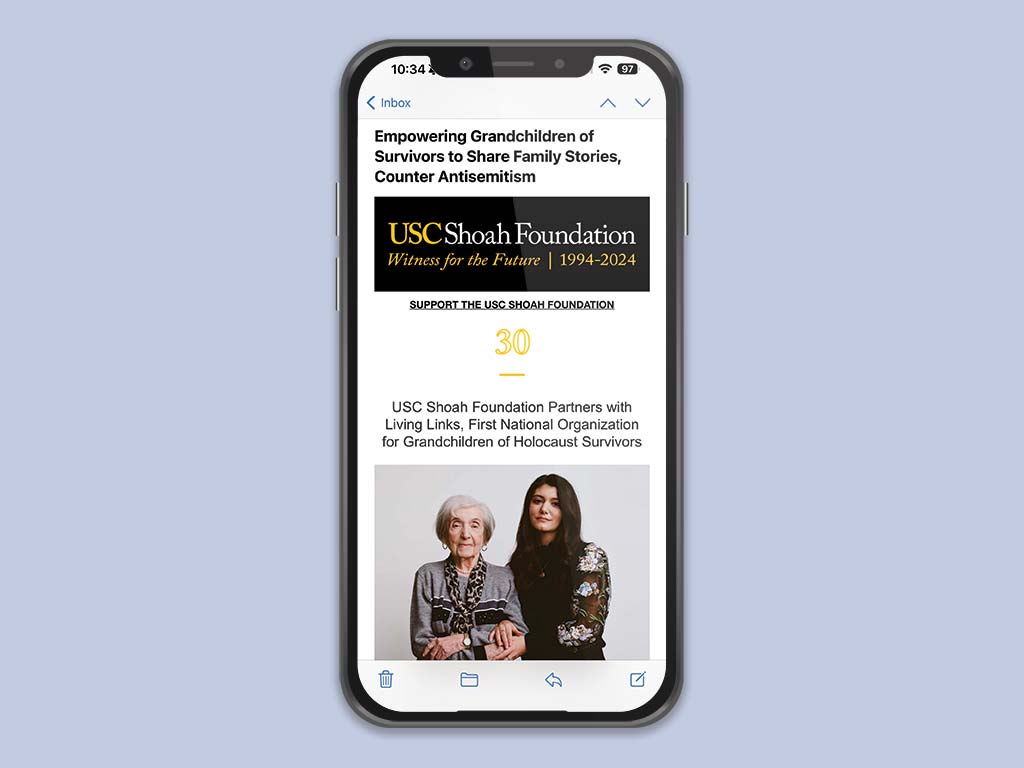
Stay in Touch!
Receive USC Shoah Foundation news, survivor stories, upcoming events, and more in your inbox.
You Can Make A Difference
The USC Shoah Foundation's educational programs bring survivors' voices into classrooms, preserving the memory of the Holocaust and inspiring future generations to strengthen democratic values, confront antisemitism, and work toward building more peaceful, respectful, and inclusive societies.
